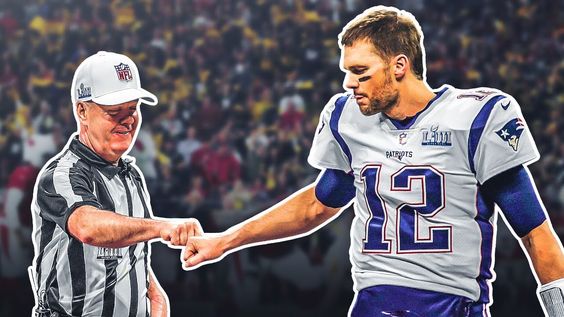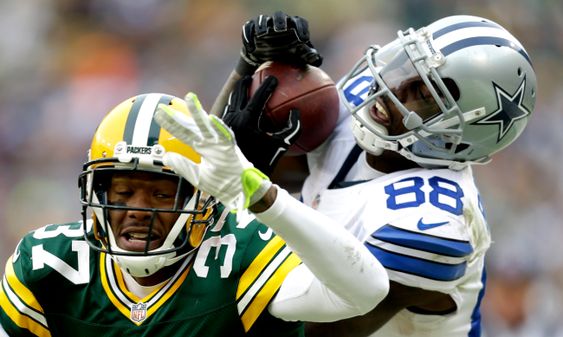Delving into NFL Super Bowl Rigging Claims
The Super Bowl, the crown jewel of American football, is an event steeped in high stakes, adrenaline, and, for some, suspicion. Whispers of rigged outcomes and manipulated narratives have long accompanied the spectacle, often swirling like confetti as the clock ticks down. Today, we delve into the heart of these allegations, separating fact from fiction and examining the complexities of a conspiracy theory that refuses to fade.
Fueling the Flames:
Several factors contribute to the persistent belief in Super Bowl manipulation:
- Controversial calls: Referees often face the brunt of fan frustration, with questionable penalties or missed flags fueling cries of favoritism. Incidents like the “Pass Interference” in Super Bowl LII are etched in fans’ memories, serving as rallying points for conspiracy theorists.
- Unpredictable outcomes: The Super Bowl stage breeds dramatic upsets and unexpected heroes. This inherent unpredictability, while a source of excitement, can also spark accusations of engineered storylines and predetermined narratives.
- Financial interests: Billions of dollars pour into the Super Bowl ecosystem, from advertising to gambling. Some argue that this immense financial pressure could incentivize manipulation, ensuring maximum profitability and viewership.
- Lack of transparency: The NFL’s officiating process is shrouded in secrecy, with decisions made by anonymous officials and communication channels limited. This opaqueness feeds suspicion and leaves fertile ground for doubt to fester.
Countering the Claims About NFL Rigged :
Despite the pervasiveness of these narratives, several points challenge the notion of a rigged Super Bowl:
- Logistical nightmare: Orchestrating an event involving hundreds of players, coaches, officials, and media personnel, all while maintaining secrecy and avoiding leaks, would be an unparalleled logistical feat.
- Player agency: The talent and determination of athletes ultimately dictate the outcome on the field. Attributing victories or defeats solely to manipulation diminishes the incredible skill and effort of the players.
- Legal ramifications: Rigging a game of such magnitude would constitute a federal crime, carrying severe legal consequences for the NFL and those involved. The potential risks far outweigh any perceived benefits.
- Evolving officiating: The NFL has implemented numerous initiatives to improve officiating, including replay review and expanded training programs. These efforts, while not perfect, demonstrate a commitment to fair play and transparency.
Navigating the Grayscale:
While blatant game manipulation is highly unlikely, the NFL is not immune to criticism. Biased officiating, subconscious influences, and even the league’s own marketing strategies can create the perception of imbalance. Addressing these issues with greater transparency and objectivity can help alleviate suspicion and foster a more trusting relationship with fans.
Ultimately, the Super Bowl, like any sporting event, is a dynamic spectacle where chance and human will collide. While the allure of a grand conspiracy may never completely disappear, acknowledging the complexities of the game and the dedication of those involved allows us to appreciate the genuine drama and athletic brilliance that unfold on the gridiron.
Remember: This article does not advocate for or against any specific belief. It aims to present a balanced perspective on a complex issue, highlighting both the arguments for and against the notion of a rigged Super Bowl. Critical thinking and informed discussions are crucial to navigating the world of sports and separating fact from fiction.




